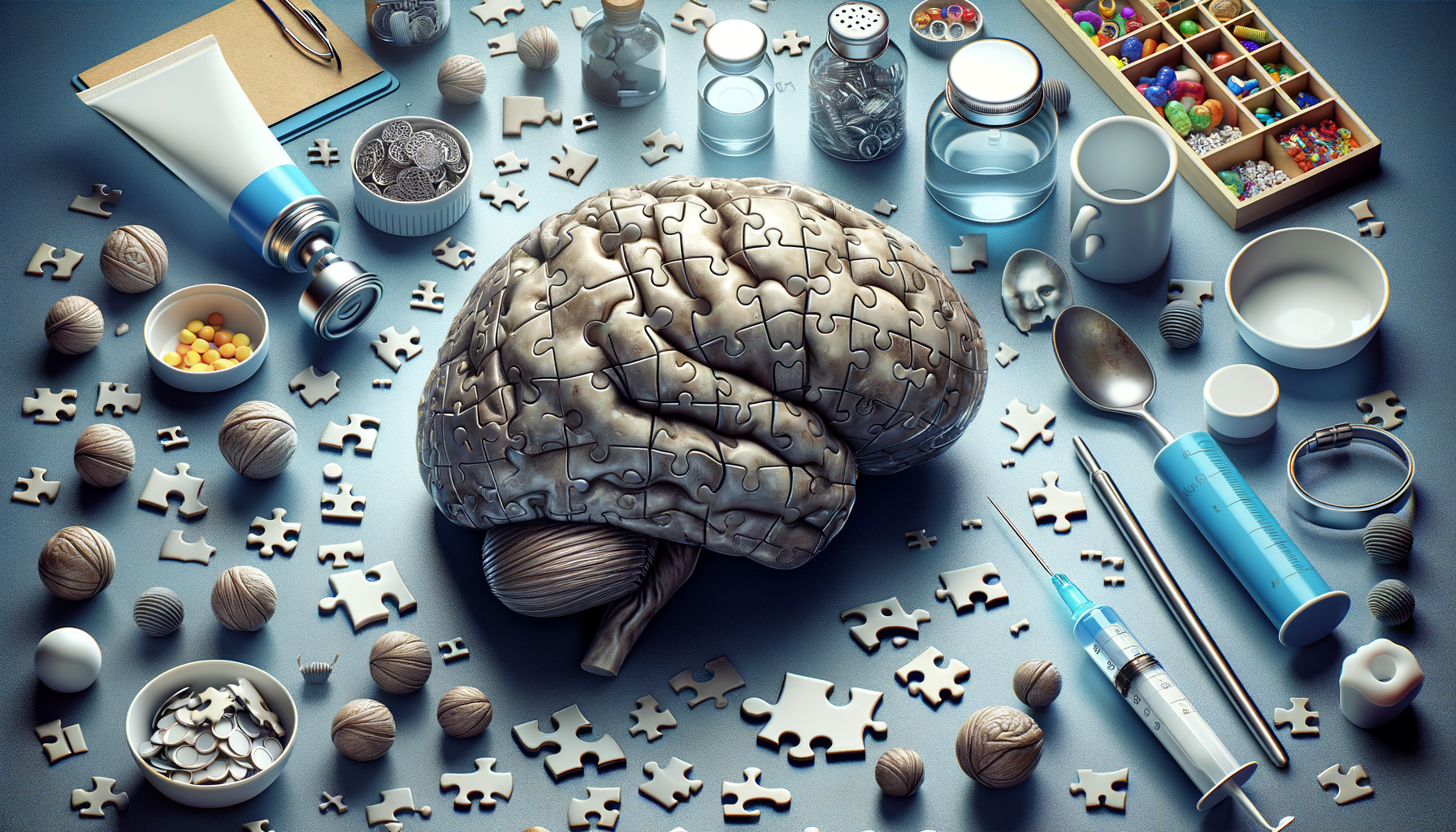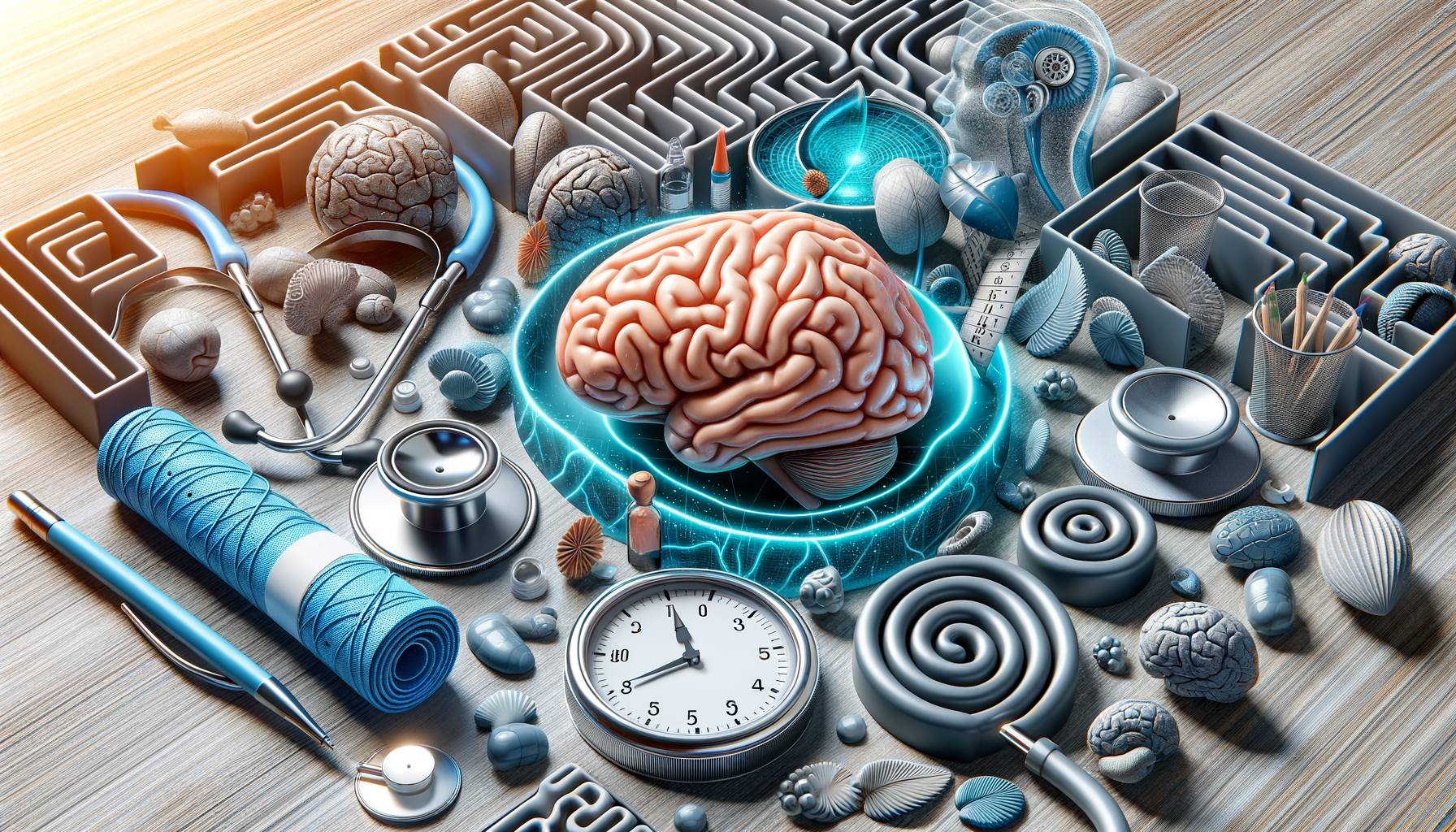
Alzheimer’s Awareness: Try This Brief Memory Quiz
Understanding Alzheimer’s Disease
Alzheimer’s disease is a progressive neurological disorder that affects millions worldwide. It is characterized by the gradual deterioration of memory, cognitive function, and eventually, the ability to carry out simple tasks. As the most common cause of dementia among older adults, its impact is profound not only on those diagnosed but also on their families and caregivers. Early detection and awareness are crucial, which is why engaging in activities like memory quizzes can be beneficial. These quizzes can serve as a tool to gauge cognitive health and prompt further evaluation if necessary.
Alzheimer’s disease progresses through several stages, each marked by increasing severity of symptoms. In the early stages, individuals may experience mild memory loss and confusion, often mistaken for normal aging. As the disease advances, symptoms become more pronounced, affecting language, reasoning, and even personality. In the final stages, individuals may lose the ability to communicate and require full-time care.
Research has shown that certain lifestyle factors may influence the risk of developing Alzheimer’s. These include maintaining a healthy diet, engaging in regular physical activity, and keeping the brain active through mental exercises. Memory quizzes can be a fun and interactive way to keep the mind sharp, potentially delaying the onset of symptoms.
The Importance of Early Detection
Early detection of Alzheimer’s disease can significantly impact the management and progression of the condition. Identifying symptoms early allows for timely intervention, which can help slow the disease’s progression and improve the quality of life for those affected. Memory quizzes can play a role in this early detection by highlighting areas of concern that may warrant further investigation.
Some early signs of Alzheimer’s include difficulty remembering recent events, challenges in problem-solving, and changes in mood or behavior. While occasional forgetfulness is normal, persistent memory issues should not be ignored. Memory quizzes can help differentiate between normal aging and potential cognitive decline associated with Alzheimer’s.
Advancements in medical research have led to the development of various diagnostic tools and treatments for Alzheimer’s. While there is currently no cure, certain medications and therapies can help manage symptoms and improve patient outcomes. Early detection through methods like memory quizzes can lead to more effective treatment plans and support systems.
Memory Quizzes as a Cognitive Health Tool
Memory quizzes are an engaging and accessible way to assess cognitive health. They often include a series of questions or tasks designed to evaluate memory, attention, and problem-solving skills. By regularly participating in these quizzes, individuals can monitor their cognitive abilities and identify any changes over time.
These quizzes can be found online or in various health and wellness publications. They typically cover a range of topics, from recalling specific details to solving puzzles. The results can provide insight into one’s cognitive strengths and weaknesses, encouraging individuals to seek further evaluation if necessary.
While memory quizzes are not a substitute for professional medical advice, they can be a valuable tool for raising awareness and prompting early intervention. They offer a simple and non-invasive way to reflect on cognitive health, making them an excellent addition to any wellness routine.
Preventive Measures and Lifestyle Choices
Preventing Alzheimer’s disease involves a combination of lifestyle choices and proactive health management. While genetics play a role in the development of Alzheimer’s, adopting a healthy lifestyle can reduce the risk and promote overall cognitive health. Memory quizzes can complement these efforts by providing a baseline for cognitive function and highlighting areas for improvement.
Some preventive measures include:
- Maintaining a balanced diet rich in fruits, vegetables, and whole grains.
- Engaging in regular physical exercise to improve cardiovascular health.
- Participating in mentally stimulating activities, such as puzzles and memory quizzes.
- Ensuring adequate sleep and managing stress levels.
These lifestyle choices can contribute to better brain health and potentially delay the onset of Alzheimer’s symptoms. By incorporating memory quizzes into this routine, individuals can stay informed about their cognitive health and take proactive steps to maintain it.
Conclusion: Embracing Awareness and Action
Alzheimer’s disease poses significant challenges, but early awareness and proactive management can make a difference. Memory quizzes offer a practical and engaging way to assess cognitive health, serving as a catalyst for early detection and intervention. By understanding the importance of these tools and incorporating them into daily life, individuals can take meaningful steps toward preserving their cognitive abilities.
As we continue to explore the complexities of Alzheimer’s, it is crucial to stay informed and vigilant. Encouraging conversations about cognitive health and participating in memory quizzes can foster a supportive community focused on awareness and action. By embracing these practices, we can contribute to a brighter future for those affected by Alzheimer’s disease.


